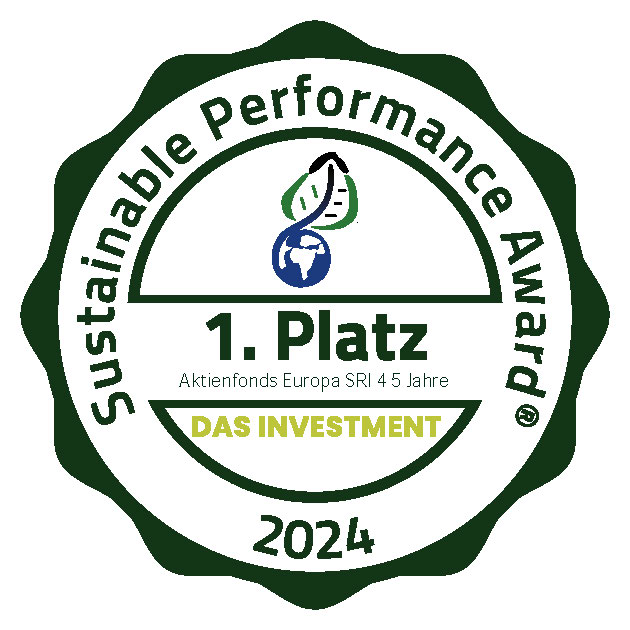The global data centre market continues to grow unabated. A significant proportion of this growth comes from ‘hyperscale data centres’, which are being built by large technology groups such as Microsoft, Google and Amazon. The increasing use of artificial intelligence and machine learning is significantly changing the requirements for data centres. These technologies require more computing power and higher rack densities, which necessitates new designs and increases location requirements. In addition, the demand for “colocation”, i.e. capacity close to users, is increasing to ensure faster loading times.
Sustainability and Energy Efficiency
The sustainability and energy consumption of data centres is an increasingly important aspect, as energy costs and environmental impact are rising steeply. There is a need to improve energy efficiency, and there are several approaches to this:
• Cooling is the most important consumption factor. Free cooling or liquid cooling are common efficiency measures.
• Eliminating losses from sub-optimal power distribution significantly reduces energy consumption.
• Energy for the infrastructure increases energy consumption – building automation helps to reduce this consumption.
• Many data centre operators rely on renewable energies to reduce their carbon footprint.
In order to build “green data centres” in the future, a holistic approach is required. This enables optimised energy efficiency and therefore both economic and ecological benefits.
Data Centers in the Carnot Capital Portfolio
Schneider Electric has developed a platform that enables the analysis, monitoring and automation of data centres. Data centres are an important part of the core business, accounting for almost 20% of sales. At ABB and Hubbell, this share is around 10% and also makes a substantial contribution to sales growth. Instalco, a Scandinavian installation company, and Energiekontor, which develops wind and solar projects for the operation of data centres, are also benefiting. Finally, Carel, a new portfolio item, develops advanced cooling systems tailored to the requirements of data centres.


